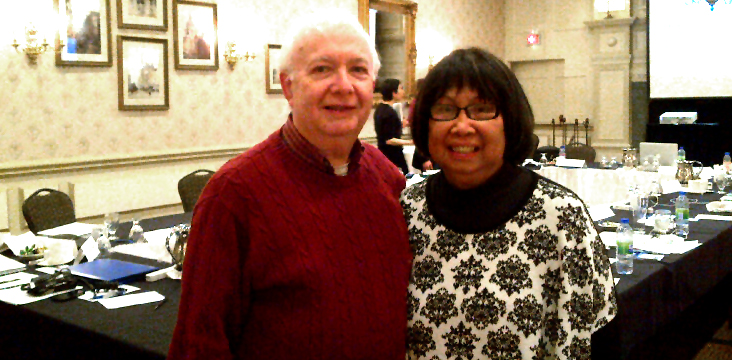Research Video Series: Introducing Marco Prado
Dr. Marco Prado’s research aims to address the mechanisms by which deficient cholinergic circuits contribute to dementia. He is an Alzheimer Society Research Program Biomedical Research Grant recipient and a professor at the University of Western Ontario. Let’s make sure that aging does not mean losing one’s identity. -Dr. Marco Prado Dr. Marco Prado Biomedical Grant Recipient in Alzheimer’s disease and dementia – $149,128 Project: Mechanisms of anti-cholinergic activity mediated dementia and Alzheimer’s pathology Read about more of our grants…





